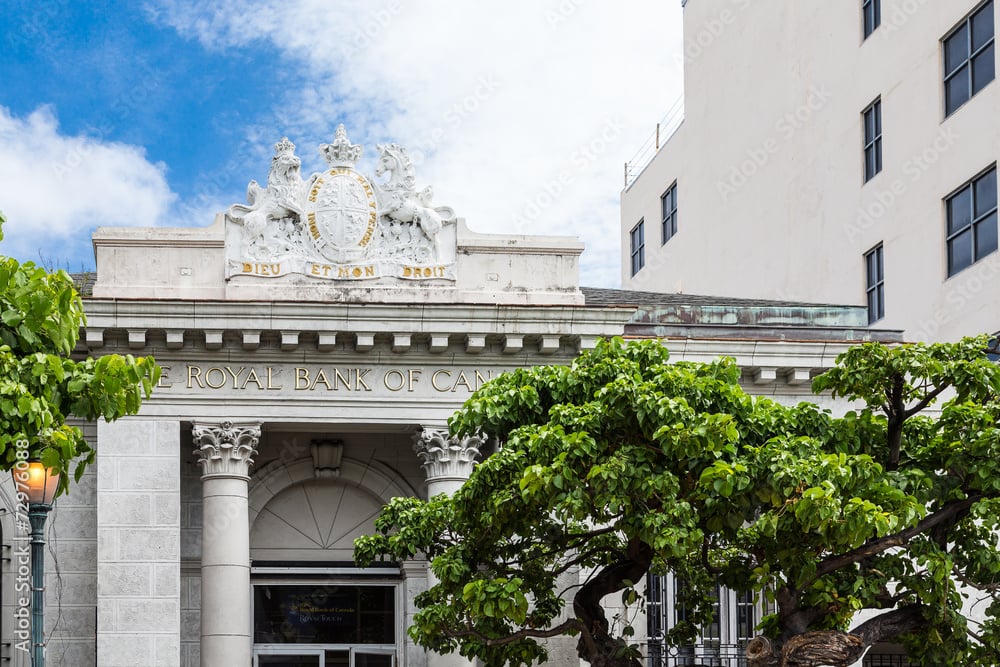Complaints foreign managers prefer to hire fellow countrymen
Singapore, a small island-nation with few natural resources, has historically been welcoming of foreigners who tended to take up lower-paying jobs that were not popular with locals.
But the competition has become intense in the past decade as the city-state grew into a banking and wealth management hub that attracts foreign executives and other specialized workers.
Some lawmakers, facing a backlash over rising costs and the open-door labour policy, have called for requirements that locals be considered for managerial and professional positions before foreign candidates.
Acting Manpower Minister Tan Chuan Jin told parliament last week that he and Deputy Prime Minister Tharman Shanmugaratnam, who is also the finance minister, had met senior members of the financial industry urging them to develop a local talent pipeline.
Tan said there had been complaints of foreign managers preferring to hire fellow countrymen and his ministry was investigating.
One "fairly prominent company" had its work pass privileges suspended after it advertised for workers of a certain nationality, he said. He did not name the company.
Complaints about alleged bias against Singaporeans in workplaces accounted for half those received last year, according to the Tripartite Alliance for Fair Employment Practices, an organization backed by the Manpower Ministry, Foreign banks in Singapore contacted by Reuters declined comment or did not respond to questions. Citigroup, the largest banking employer in Singapore, said more than 80 per cent of its nearly 10,000 staff in the city-state were Singapore citizens or permanent residents.
White-collar jobs
The financial sector is a particular focus because it accounts for around 12 per cent of Singapore's gross domestic product and employs about six per cent of the workforce.
Executive search firms said the government must ensure that what is good for Singapore's workers does not hurt its image as an open economy. Any attempt to regulate hiring could backfire if the rules were confusing or poorly implemented.
"When it is not possible to hire locally or a niche skill set is required, the process of hiring a foreign executive should be straightforward and transparent," said Mark Hall, vice-president and country manager at Kelly Services Singapore.
Tan stressed that Singapore will not pursue an approach requiring companies to choose a Singaporean regardless of merit.
"What we do need is to ensure companies are fair in assessing all potential candidates and to deter and punish any form of discriminatory or biased decision-making on the part of individuals," he said.
Gerald Giam, a member of parliament from the opposition Workers' Party, said the influx of skilled foreign workers has led to immigrants replacing locals in senior positions, unlike in previous decades when many Singaporeans rose up the ranks as multinationals moved their operations to the city-state.
"Even the junior professional positions are often staffed by foreigners, when our local graduates should have no problem meeting the job requirements," he said.
About 40 per cent of the 5.3 million people in Singapore are now foreign. In 2000, foreigners made up 25 per cent of the population of four million.
New employment passes for workers in the financial sector rose to 8,700 in 2010 from 3,300 in 2001, Ministry of Manpower figures show.
Some foreign-born bank executives have taken up Singapore citizenship, including DBS Group chief executive Piyush Gupta and Standard Chartered's Singapore head Ray Ferguson.




